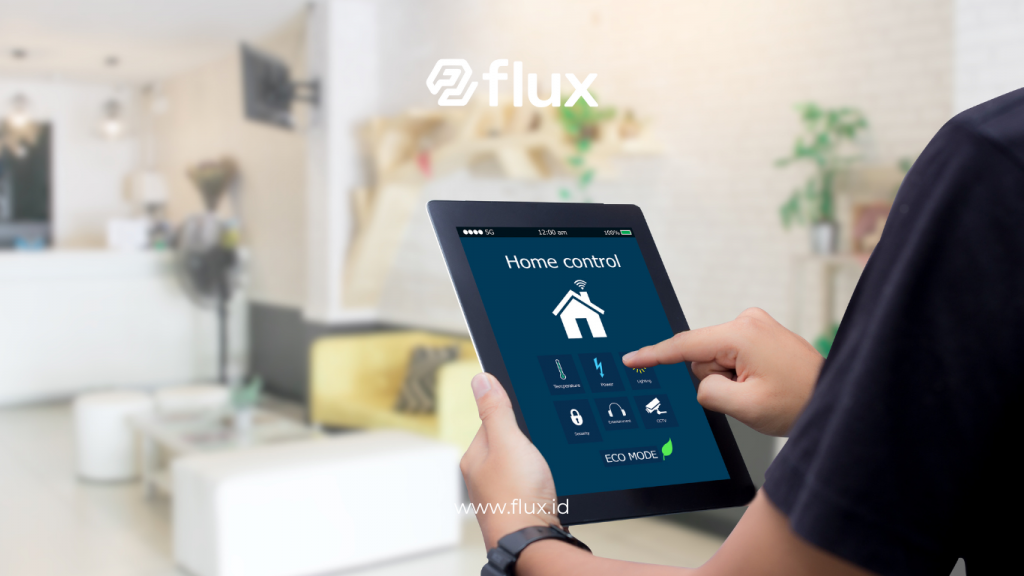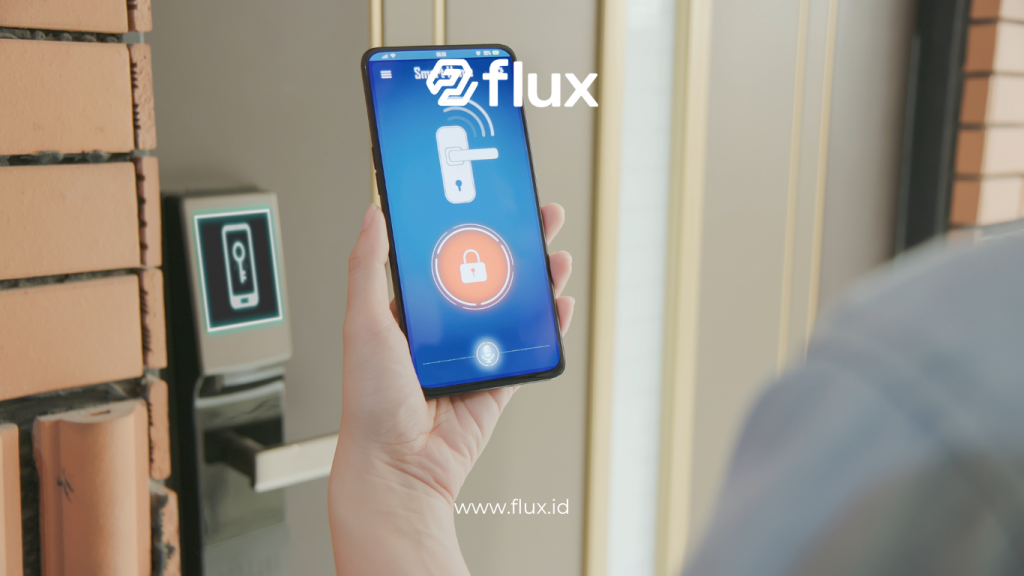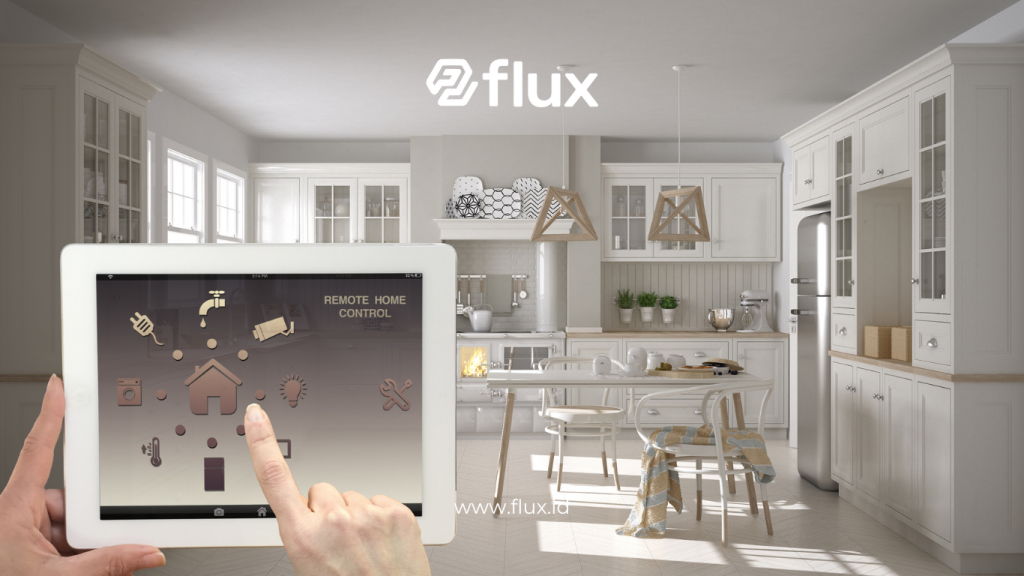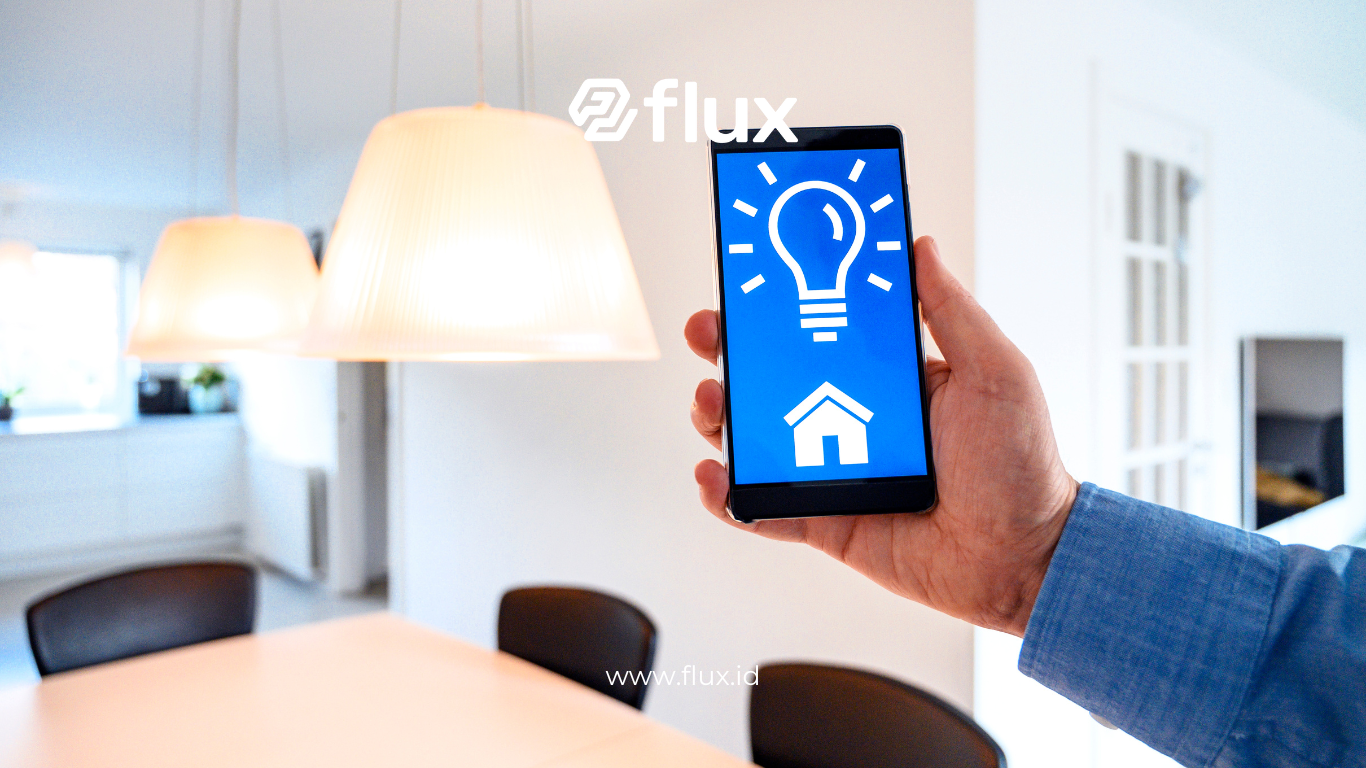Don't miss our holiday offer - 20% OFF!
Home security has become a top priority for many people in today’s digital age. As technology advances, smart homes are becoming more sophisticated and connected through the Internet of Things (IoT). IoT allows smart home devices to communicate with one another, creating a more efficient and effective security system. This article explains how integrating IoT technology can enhance smart home security, providing optimal protection for your home.
Contents
What Is a Smart Home and IoT?

Read More: Integrating IoT with Home Devices: Tips for Starting Your Smart Home
A Smart Home refers to a home where various devices are interconnected via the internet, enabling automation and remote control. Devices such as lights, thermostats, security cameras, and alarm systems can now be connected and controlled through smartphones or other devices.
The Internet of Things (IoT) is a network of devices connected to the internet that can communicate with one another to collect and exchange data. In a smart home, IoT devices work together to create a more efficient system, enhancing home security.
Why Is IoT Important for Smart Home Security?
- Remote Monitoring
Thanks to IoT, homeowners can monitor their homes remotely via apps on their smartphones. Security cameras, motion sensors, and door sensors send immediate alerts if they detect suspicious activity. - Integrated Security Systems
IoT connects various security devices, enabling them to work together. For example, when a security camera detects movement, it can trigger the alarm system and notify the homeowner through an app. - Increased Responsiveness
IoT systems allow devices in the smart home to function automatically. If an incident, such as a burglary or fire, occurs, the system can automatically respond, such as by locking doors or notifying authorities.
IoT Devices That Enhance Home Security

Read More: IoT Integration in Smart Home Systems: Benefits and Challenges
- Smart Security Cameras
IoT-connected security cameras allow real-time monitoring, record video, and send alerts if they detect motion. Technologies such as facial recognition and object detection improve the accuracy and effectiveness of these systems. - Motion Sensors
IoT motion sensors detect unusual movement around the house, alerting the homeowner. These sensors can be strategically placed at entry points or isolated areas. - Smart Locks
Smart locks let homeowners lock or unlock doors remotely via an app. This technology ensures that doors stay locked, even if the homeowner is away. - Automatic Alarm Systems
IoT-connected alarm systems can detect suspicious sounds, such as breaking glass or unusual conversations, and notify both the homeowner and authorities.
Benefits of Using IoT in Smart Home Security
- Better Security
Integrating IoT enhances security by continuously monitoring the home. If something goes wrong, the system sends immediate alerts so homeowners can take quick action. - Energy Savings
Smart home systems can reduce energy consumption by controlling lighting and other energy usage. For example, lights automatically turn off when no one is in the room, reducing both fire risks and energy waste. - Convenience and Comfort
With IoT, homeowners can control various devices from a single app. This makes it easy to manage and monitor home security, even when they’re not at home.
Challenges in Implementing IoT for Home Security

Read More: IoT and Privacy in Smart Homes: What You Need to Know
- Cybersecurity Risks
As the number of IoT devices connected to the internet increases, so do cybersecurity concerns. Without proper protection, IoT devices may become targets for cyberattacks. - System Complexity
While IoT offers numerous advantages, integrating different devices into a single security system can be complex and may require technical expertise. - Dependence on Internet Connection
IoT systems heavily depend on a stable internet connection. If the connection fails or becomes unstable, the smart home security system might be affected.
Conclusion
Integrating IoT technology into smart home security offers optimal protection for homeowners. With the ability to monitor and control devices remotely, as well as automatically respond to threats, IoT enhances home security significantly. However, challenges like cybersecurity risks and internet connection reliance must be addressed to maximize the effectiveness of this system. In this digital era, using IoT for smart home security is not just an innovation but an essential step in protecting homes and families.





